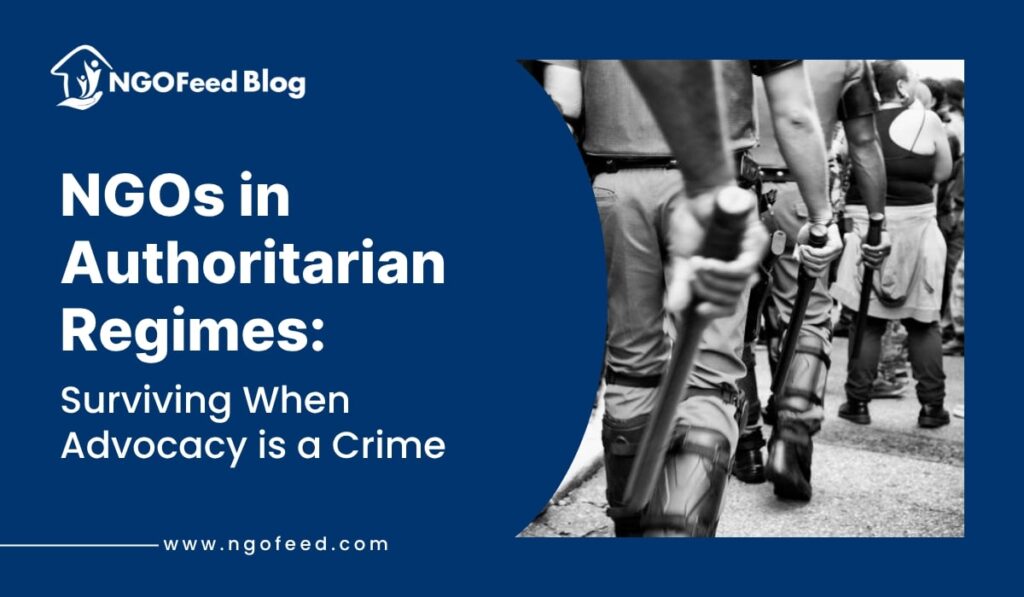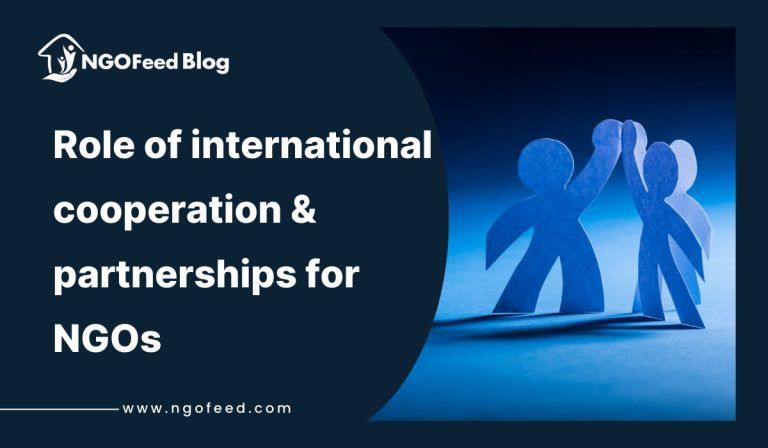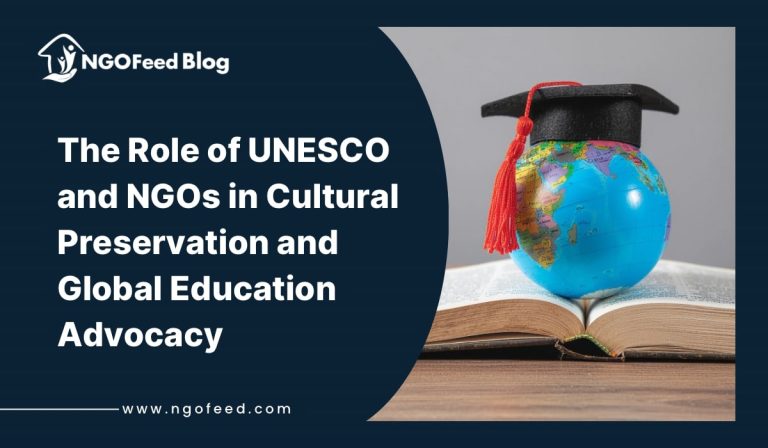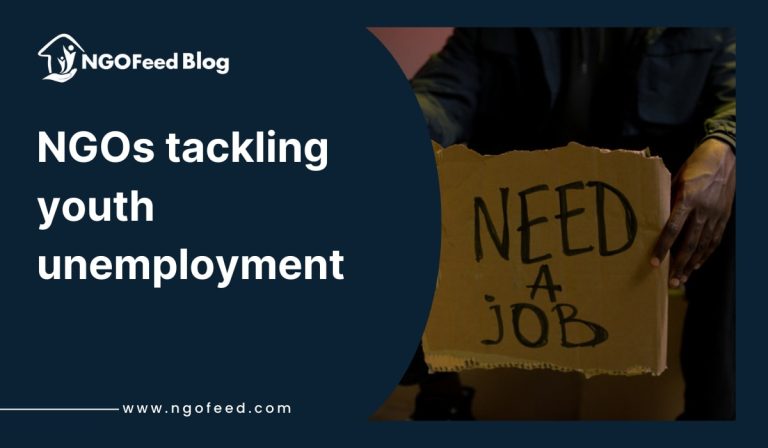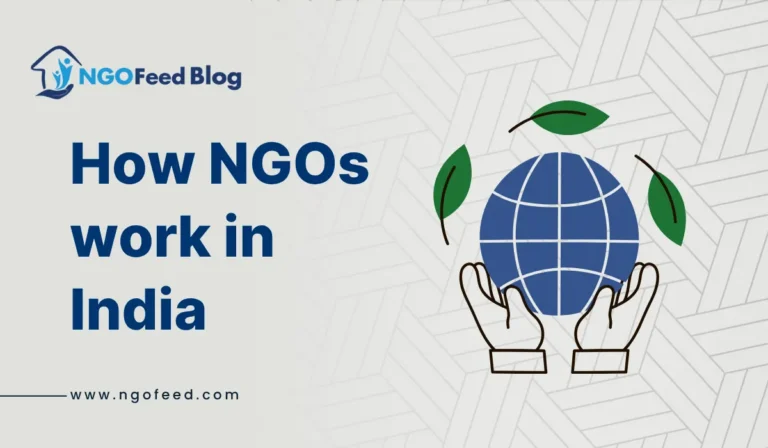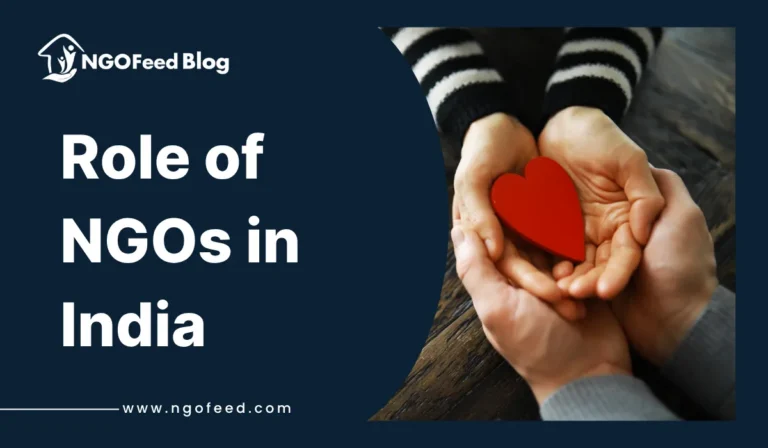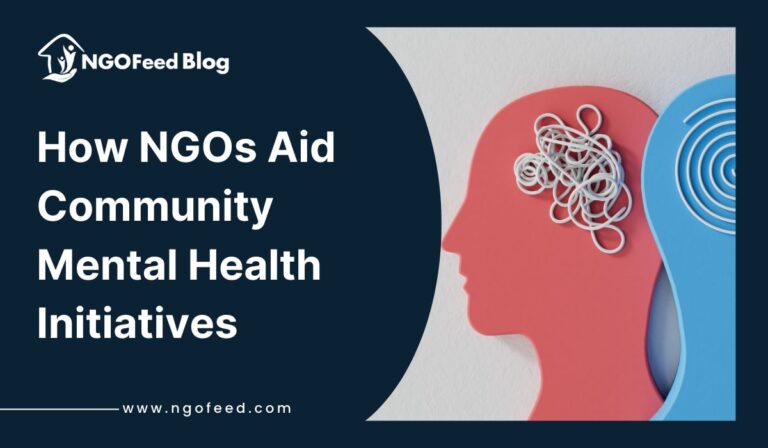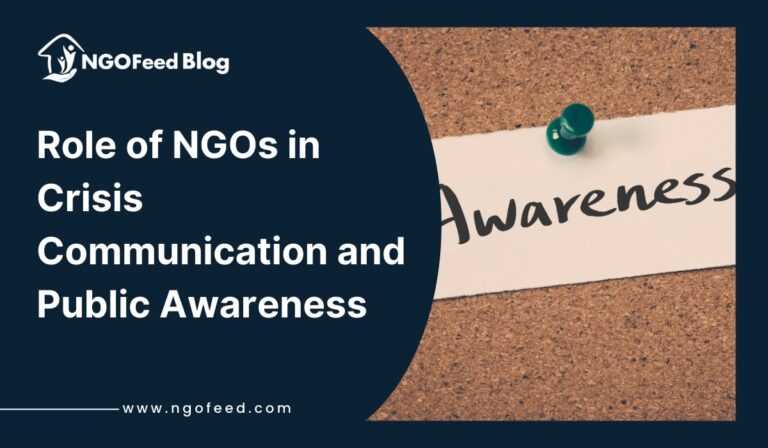NGOs in Authoritarian Regimes: In autocratic or semi-autocratic systems, Non-Governmental Organizations’ (NGOs) activities are frequently seen as subversive. Defenders of human rights, environmentalists, independent media outlets, and even humanitarian groups are increasingly subject to surveillance, censorship, deregistration, or criminal accusations. How can NGOs survive ethically, legally, and tactically when advocacy becomes a punishable infraction?
Strategies for Resilience, Impact, and Integrity Under Repression
This essay investigates the increasing worldwide trend of diminishing civic space, lists dangers NGOs in authoritarian countries encounter, and provides adaptive techniques to keep operating with integrity under duress.
Also Read: ESG and NGOs: How Nonprofits Are Shaping Corporate Sustainability
Table of Contents
The Global Landscape: Declining Civic Space
CIVICUS Monitor estimates that over 70% of the population resides in nations with significant limits on civil rights. Governments control public dialogue and stifle opposition by means of legal, digital, and physical means.
NGOs in Authoritarian Regimes- Among typical constraints are:
- Criminalization of funding from abroad
- Identifying nonprofits as “foreign agents”
- Arrest and persecution of journalists and personnel
- Limits on organization and marches
- Doxxing, infiltrations, and surveillance
- Media blackouts or internet shutdowns
Authoritarian methods have been increasingly used by countries like Russia, China, Egypt, India, Turkey, Belarus, and Ethiopia to target civil society organizations particularly those focused on human rights, gender, environment, or transparency.
Also Read: Role of UNDRR in India
Major Difficulties Faced by NGOs in Authoritarian Governments
- Legal Crackdowns: Restrictions on Finance: Local financing is discouraged by intimidation or media smears, while foreign funding is criminalized or cut off.
- Censorship and Digital Monitoring: NGO communications are tracked; websites are blocked; important information is erased from social media.
- Reputation Assaults and Misinterpretation: Damage public confidence, state-controlled media may label NGOs as “anti-national,” “western puppets,” or “traitors. “
Safety Hazards for Employees and Partners
In some situations, threats, harassment, kidnapping, or even killings have been recorded. Survival and Resistent Strategies
1. Legal Adaptation and Local Registration
Review and understand the changing legal environment.
Under conforming frameworks, where feasible, reorganize activities (e. g., from “advocacy” to “research” or “service delivery” approaches).
To lower centralized vulnerability, develop hybrid models including legally separate local allies.
Also Read: Role of UNIDO in India
2. Encryption and Digital Security
Train all employees on VPNs, secure messaging apps (Signal, ProtonMail), and encrypted file-sharing as part of their digital hygiene.
Check your cybersecurity infrastructure often.
Suppose all digital communications may be compromised; practice “need-to-know” sharing.
3. Legitimacy based on communities
- To guard against state-led delegitimization, establish local community credibility.
- Use participatory storytelling, community radio, or reliable local influencers.
- Framework in contextually and regionally relevant language (e. g. , “justice” instead of “rights”).
4. Low-Profile Advocacy: Subversive Without Visibility
- Employ indirect lobbying approaches like research papers, art, satire, or strategic litigation.
- To spread targeting, develop cross-issue coalitions (e. g. , health + environment) among diverse groups.
- Embed structural criticism in development initiatives to practice “advocacy through service. “
5. Centralized Organizational Forms
- Change from hierarchical to networked paradigms.
- To lower the risk of decapitation, share leadership.
- Offsite or internationally store sensitive information utilizing rotating project leads and aliases where necessary.
Also Read: Role of ILO in India
6. International Solidarity and Emergency Support
- Team with foreign NGOs, human rights observers, or UN special rapporteurs.
- Safe exit and asylum arrangements for at-risk personnel.
- Raise alarms using worldwide forums (Human Rights Council, ECOSOC, etc.) when local conversation is stifled.
NGOs in Authoritarian Regimes – Ethical Dilemmas and Difficult Choices
NGOs operating under authoritarian regimes face daily ethical tightropes:
| Ethical Tension | Example | Suggested Approach |
|---|---|---|
| Survival vs. Silence | Avoiding controversial work to remain operational | Focus on intersectional issues that allow subtle resistance (e.g., gender justice framed through maternal health) |
| Security vs. Solidarity | Withholding information to protect staff | Practice anonymous or collective authorship |
| Visibility vs. Risk | Launching campaigns that may backfire | Use global platforms or diaspora networks to voice messages externally |
| Neutrality vs. Complicity | Providing services without confronting root injustices | Embed critical consciousness within service delivery narratives |
“Sometimes, keeping the doors open is itself a form of resistance.”
— Anonymous NGO leader in Southeast Asia
Role of NGOs in Authoritarian Regimes – Case Studies
- Memoria (Russia): Memorial kept recording human rights via hidden publications and encrypted archives notwithstanding several closures. Their dispersed volunteer network now helps exile-based activities.
- Project Documentation Xinjiang (China): Using satellite data, leaked documents, and diasporas testimonials, this project tracks state persecution of Uyghurs—proof that advocacy can exist without presence—with no physical base inside the country.
Also Read: Role of IMF in Indian Economy
- Human Rights Watch – Ethiopia Journalists: Local academics gather and distribute results using encrypted messaging, fictitious identities, and offshore servers. Global partners produce and disseminate reports with safeguards already in place.
Best Methods for Ethical Operations Under Oppressive Circumstances
- Invest in burnout prevention and personnel mental health.
- Develop and practise security rules
- Keep several contingency plans and data backups.
- Build cross-border and regional alliances.
- Avoid NGO rivalry and help peer solidarity.
- Document offenses safely even if you cannot release them right now.
- Use humor, creativity, and parody to criticize power.
Long-Term Vision: Hope Beyond Repression
Although despotic governments try to stifle civil society, history demonstrates that no government can permanently silence people’s voices. Key strategies in opposing dictatorship have been underground resistance, diaspora advocacy, encrypted journalism, and even rebellious art.
NGOs must welcome a long-term vision of social development that is resilient, patient, and flexible. The aim is not only to “survive” under repression but also to bear witness, preserve memory, and sow change until more open ground for advocacy arises.
Recording truth turns into a radical act during the darkest of times. – Arundhati Roy
Also Read: Empowering Women-Led NGOs: The Rise of Female Changemakers
Conclusion
Working under autocratic governments calls for bravery, ingenuity, and prudence. Though legislation and censorship may reduce the apparent scope of operation, the resistance spirit seeks new avenues. NGOs have to adjust their plans without sacrificing fundamental ideas of fairness, veracity, and dignity.
Solidarity must grow in tandem with the civic arena, across countries, fields, and ages. Because silence is not an option even when advocacy is unlawful.

